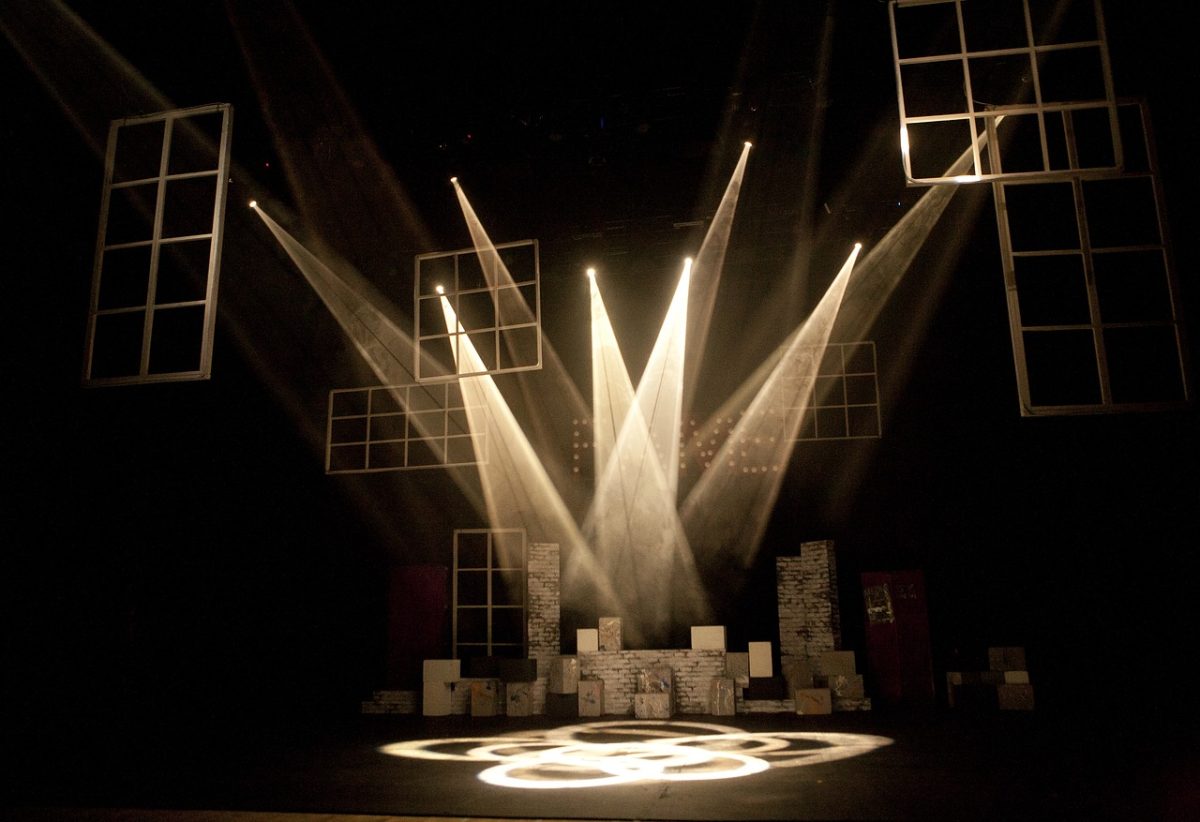A never-ending play, the play that everyone was born into— that play is “Life.” From the day we were born, we are thrust onto the stage called the front stage with a role. This role changes depending on the different parts of the play. We enact a role in the company of others, who in turn are enacting their roles in the play. No matter how mundane it may seem, whatever we do, we are in the play, enacting some role. That is the theory developed by Erving Goffman called “Dramaturgical Theory.”
According to Erving Goffman, there are two stages: the front stage, and the backstage. The front stage would be whenever you know there is a possibility of being watched, in other words, when you know there’s an audience. The classroom, dining table, and office are all examples of a front stage. On the front stage, we present ourselves in certain ways, performing a role that fits the setting. In a classroom, your role could be a student learning a certain subject and jotting down notes. Certain mannerisms are also used in the classroom: raising your hand and waiting to get called on.
The behavior in the front stage manifests by norms and expectations that are often internalized and developed partially by setting and other factors including cultural values, religion, etc. Since we know we are being watched, we present ourselves in certain ways to be perceived in a certain way. This would be called impression management, a conscious and unconscious pro. Although people often rebel against social norms, to signify that they do not agree with these norms, they use symbols and act in particular ways to show that they’re against it. Despite this, they are still taking part in impression management, because they are still trying to present themselves in a certain way.
Opposite of the front stage is the backstage. The backstage would be private areas, a time where you are truly yourself, not acting in front of an audience. The behaviors exhibited backstage differ extremely compared to the front stage. Backstage, there is a sense of relief, similar to a weight off the shoulders, as you no longer need to play a role, being free to express yourself however you’d like. Often actions backstage are condemned on the front stage. Those who sing in the shower and dance in their room would likely not do the same in the streets or the train station.
Although the study of Dramaturgy helps to understand human action and the roles shaped by a person’s environment, there are still some critics of this theory. Many say that it could ignore authentic human emotions and motivations and that not everything is crafted for performance or that it could lead to assumptions of human behavior being calculated, overlooking honest reactions, expressions, and connections. Though Dramaturgy can be used to analyze social interactions, its role can also be limited, since it can oversimplify human behavior.
Overall, it depends on the context in which it is being used.

